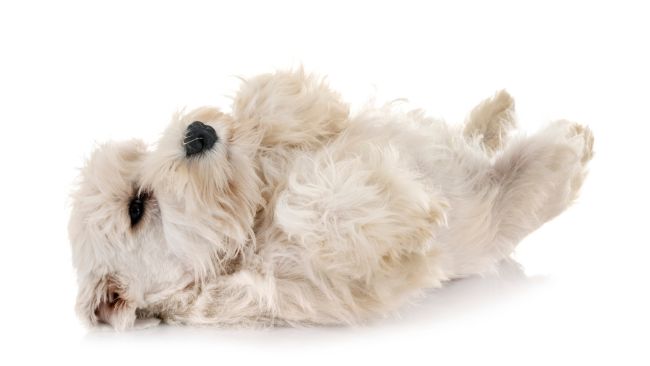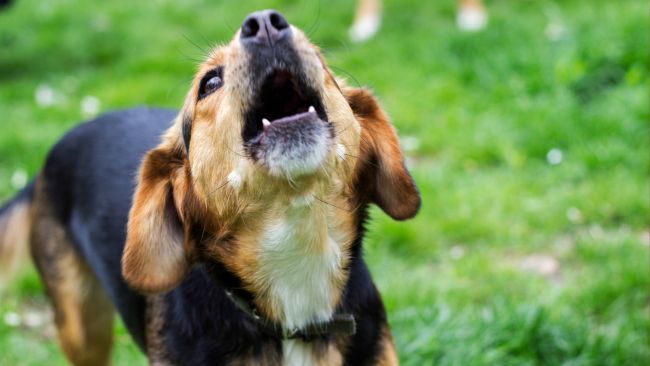A male dog lifts his leg when he’s peeing in order to send a signal that he is marking his territory. Unlike female dogs, males feel the need to claim a certain area by aiming their urine a little higher for a more distinct effect.
Spraying urine higher up causes the scent of urine to be more noticeable to other dogs. Air carries the aroma of a dog’s pee (which is infused with his own individual scent) farther than it would go if the dog did not lift up his limb. That’s why Fido is keen on peeing on fire hydrants or on other objects (such as trees) that are well above ground level.
Dogs are pack animals, and some animal behaviourists believe that male canines lift their legs while peeing to appear larger and more powerful to other dogs. In other words, they are shooting high to prove their strength and dominance. When tiny dogs behave this way, it is occasionally quite a funny display.
If your dog was a wild dog that travelled in a pack, only the leader (known as the “alpha”) would be able to mark his territory in this sometimes-amusing manner.
Since dogs that are kept as domestic pets don’t act out pack behaviour in the traditional way, they feel entitled to perform “alpha” behaviour that is really another way of saying, “Don’t Trespass”. Sometimes, a male dog will also mark territory indoors, which is obviously really not desirable behaviour.
Male Puppies Must Grow Before They Lift Their Legs to Pee
Usually, male puppies begin to lift their legs while they pee from the age of six months to the age of one year. If you have a young male puppy, and you’re wondering why he doesn’t lift his leg, you should know that this behaviour will develop over time. As your little canine pal matures, he will begin to act out this common dog behaviour when he’s marking territory all over the place. However, a little maturity and growth is required before baby Fido is old enough to join the “big boys” by lifting his leg during urination.
Coping Strategies
One of the best strategies for dealing with excessive “leg-lifting” and urination in the home is to neuter your young dog in the first six months of life. Neutering not only prevents unwanted procreation, it also changes your canine pal’s behaviour, including his propensity to pee on your furniture and other important items in your home. The expense of neutering your animal is well worth the financial investment, unless you are planning to breed your dog. This strategy also reduces acting out when dogs are in heat.
As you deal with territorial activities, such as marking the spot with a spray of urine and a lifted leg, it’s important to give your pet lots of love. Treat your dog with respect and reward good behaviour every time you witness it. Your canine needs to know who is boss (you), but he also needs to know that he is safe and loved as he figures out how to become a loyal and responsible member of your household.






0 Komentar